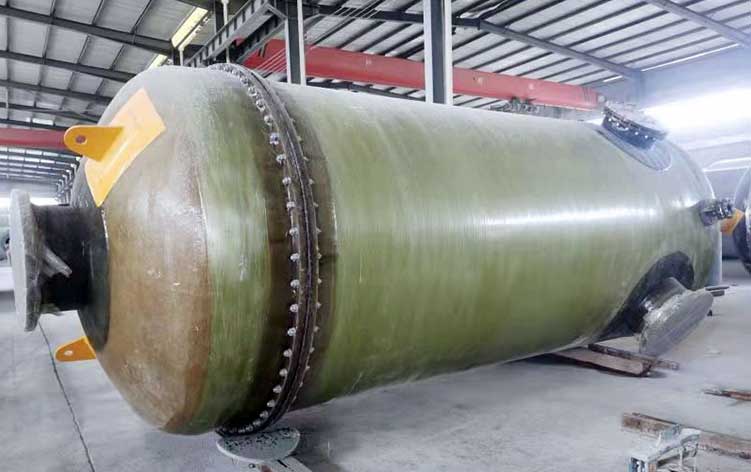Some ASTM & ISO standards for Chlorine applications

|
American Society for Testing and Materials |
ASTM F2023-21 - Standard Test Method for Evaluating the Oxidative Resistance of Crosslinked Polyethylene (PEX) Pipe, Tubing and Systems to Hot Chlorinated Water
ASTM D1253-14 - Standard Test Method for Residual Chlorine in Water
ASTM D5384-14 - Standard Test Methods for Chlorine in Used Petroleum Products (Field Test Kit Method)
ASTM D1291-57 - Standard Method of Test for Chlorine Requirement of Industrial Water and Industrial Waste Water
ASTM D7536-20 - Standard Test Method for Chlorine in Aromatics by Monochromatic Wavelength Dispersive X-ray Fluorescence Spectrometry
ASTM D4208-19 - Standard Test Method for Total Chlorine in Coal by the Oxygen Vessel Combustion/Ion Selective Electrode Method
ASTM E1120-21 - Standard Specification for Liquid Chlorine
ASTM E256-98 - Standard Test Method for Chlorine in Organic Compounds by Sodium Peroxide Bomb Ignition
Organized in 1898, ASTM International is one of the world's largest international standards developing organizations. At ASTM International, producers, users, consumers, and others from all over the world join together to develop voluntary consensus standards. ASTM standards are developed under a process that embraces the World Trade Organization Technical Barriers to Trade Agreement principles. The ASTM standards development process is open and transparent, allowing individuals and governments to participate directly, and as equals, in a global consensus decision.

|
International Organization for Standardization |
ISO 7393-2 - Water quality - Determination of free chlorine and total chlorine
ISO 3260 - Pulps - Determination of chlorine consumption (Degree of delignification)
ISO 587 - Coal and coke - Determination of chlorine using Eschka mixture
ISO 2120 - Liquid chlorine for industrial use - Determination of the content of chlorine by volume in the vaporized product
ISO 11480 - Pulp, paper and board - Determination of total chlorine and organically bound chlorine
ISO, the International Organization for Standardization, brings global experts together to agree on the best way of doing things - for anything from making a product to managing a process. As one of the oldest non-governmental international organizations, ISO has enabled trade and cooperation between people and companies the world over since 1946. The International Standards published by ISO serve to make lives easier, safer and better.
Related Post(s)

FRP stands for Fiber Reinforced Plastic while GRP stands for Glass Reinforced Plastic. The name makes it clear that there is a change in the reinforcing fiber...